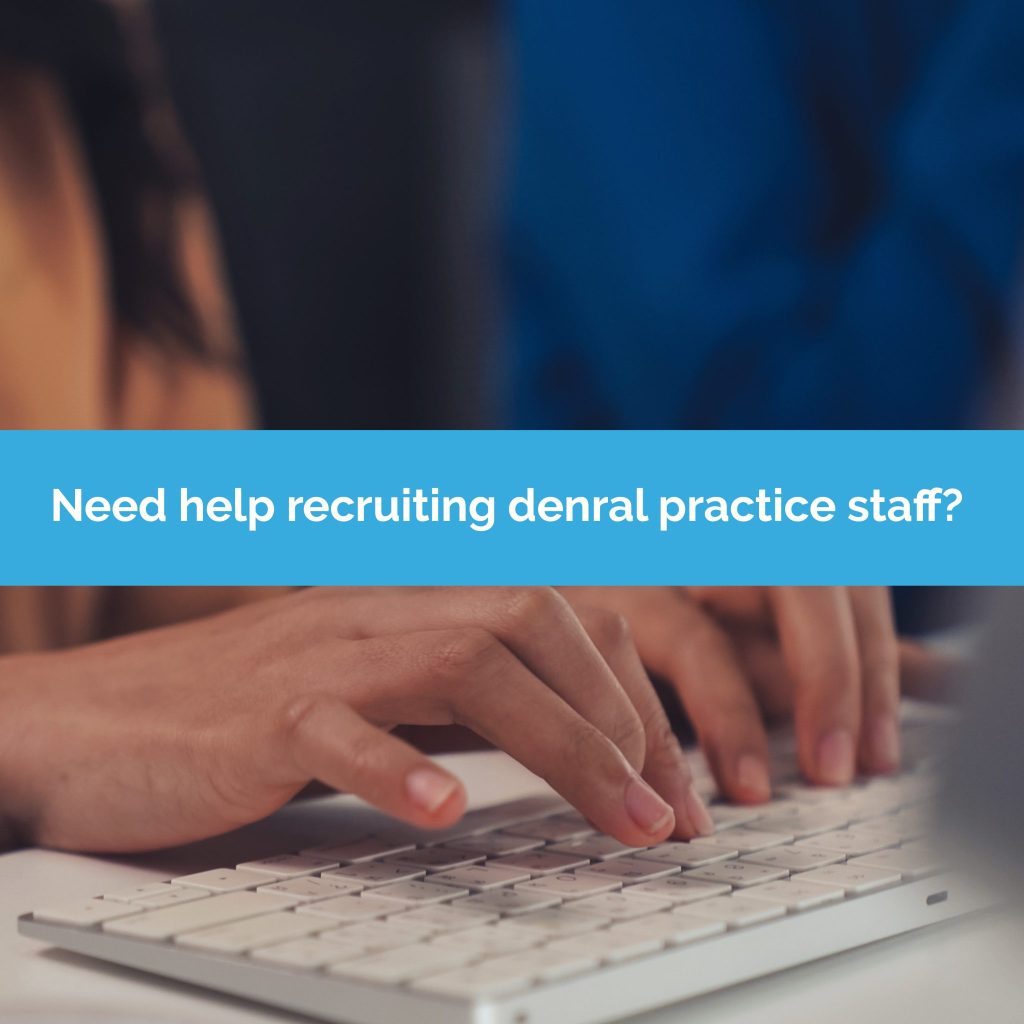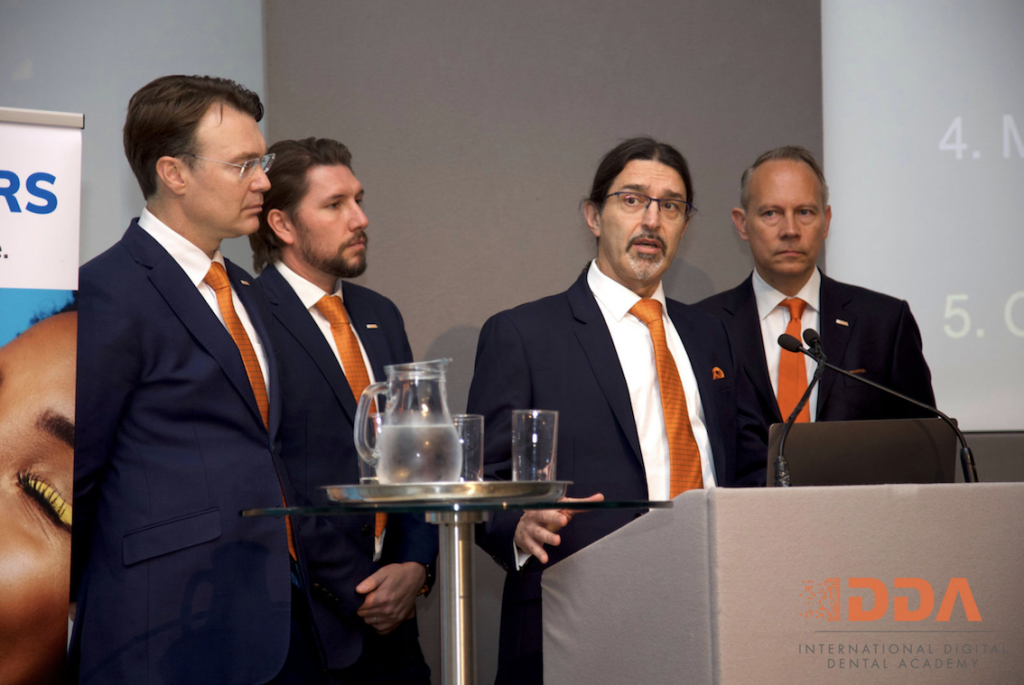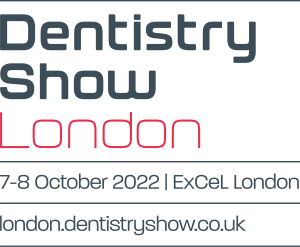A well-established concept in all working environments is that recruitment can make or break a business. In the past few years, the dental profession has been experiencing a recruitment crisis, which has made gaining, and retaining, ideal team members much more challenging for principals. There has been a combination of intertwining causes for individuals leaving the profession – from stress and pay, to events such as the pandemic and Brexit. Business owners are experiencing an unprecedented demand for services, while having to balance their workforce and ensure that existing staff are accommodated for.
Now more than ever, a strong team is vital to tackle the rising patient lists and expectations, so if you have concerns surrounding recruitment at the moment, it may be worth re-evaluating your hiring strategy. Another important consideration is how you can improve retention for existing team members.
Can’t find the staff these days?
At the moment, it is safe to say that many dental professionals are re-assessing their roles and making changes, by either moving more of their work into the private sector, or leaving the profession altogether. Gaps in the workforce will likely result in other staff members shouldering extra responsibility, leading to an overwhelmed and overworked team. A smaller workforce may also make it more difficult to maintain high standards of patient care.
Finding staff members at a time where many dental practices are still recovering from the economic impact of the pandemic is certainly no mean feat. In this case, it may be worth reviewing your recruitment strategy and seeing if there are ways you could enhance how you advertise. For instance, you’ll likely have your position advertised across several websites and agencies, but what about on your own website and social media platforms? If you have other professionals that follow your social media page, for instance, then you would be increasing your advert’s visibility. Similarly, opening up a line of communication with your patients regarding any non-clinical positions or trainee dental nurse roles, is another way to get the word out there.
 In addition, it is vital to not only advertise what you are looking for in a candidate, but to also promote the benefits of your practice and why it would be an ideal place to work. Do you provide opportunities for training and/or further education? What is your working environment like? Individuals seeking a position at the moment will likely have plenty of choice as to where they can go, so it is worth marketing the benefits of working at your practice.
In addition, it is vital to not only advertise what you are looking for in a candidate, but to also promote the benefits of your practice and why it would be an ideal place to work. Do you provide opportunities for training and/or further education? What is your working environment like? Individuals seeking a position at the moment will likely have plenty of choice as to where they can go, so it is worth marketing the benefits of working at your practice.
Retaining staff members
Existing members of the dental team have helped to keep businesses afloat during this tumultuous time. It goes without saying that keeping the dental team intact is vital, not just for the business but to ensure that hardworking and dedicated individuals are recognised and supported.
If you do not do so already, are there ways you can improve the benefits you offer? Many dental practices will have staff that range across generations – you could consider diversifying your benefits to suit individual preferences, if this is feasible for you. For instance, are you able to offer perks such as insurances (health, life etc.) flexible working, discount for certain memberships or implement incentive schemes? There may be certain benefits that some employees do not find useful, so communicating with them is a great way to see where you can improve, avoid wasting money on unwanted advantages and ensure the team feel appreciated.
Make changes where it counts
The profession may be slowly recuperating, but it is likely that the effects of the pandemic will be felt for years to come. Estimations show that by 2030/31, nearly half a million extra health care staff will be needed to satisfy the pressures of demand and recover from the pandemic – this is around a 40% increase in the workforce.[i] Therefore, if you do have concerns surrounding recruitment, it is important to think about how you can best optimise your hiring (and staff retention) strategies. If you are looking to enhance your recruitment efforts, it would be prudent to enlist the help of a specialist agency, such as Dental Elite. The team do more than simply fill a vacancy – they work with a range of businesses and tailor their employment services to find the most ideal candidate.
The majority of businesses in the field have felt the squeeze of the recruitment crisis, and potentially will for some time. Rethinking your recruitment process, as well as how you can retain your existing team members, will help to support your business as things begin easing back into normality.
For more information contact Dental Elite. Visit www.dentalelite.co.uk, email info@dentalelite.co.uk or call 01788 545 900
[i] UK Parliament: Committees. (2022). MPs to examine challenges to high street dentistry in workforce inquiry. [online] Available at: https://committees.parliament.uk/committee/81/health-and-social-care-committee/news/170972/mps-to-examine-challenges-to-high-street-dentistry-in-workforce-inquiry/ [Accessed 14 Jun. 2022].





 Finding the right field for you
Finding the right field for you




 “I believe growth in digital will continue and we have already seen evidence of this. With practices returning to normality after Covid, the past year has moved fast because people are trying to catch up and, more importantly, to meet the growing demand for private dentistry. All of this has led to an increase in appetite for and integration of digital dentistry. There has been a large change in the amount of software and hardware companies providing newer technologies that involve artificial intelligence (AI). I believe we’re going to see a significant change in what is involved with dental diagnostics and treatment in terms of what software and hardware features AI functionality. It has huge potential to facilitate early disease detection and management, using pattern recognition to identify trends far in advance of the human ability.
“I believe growth in digital will continue and we have already seen evidence of this. With practices returning to normality after Covid, the past year has moved fast because people are trying to catch up and, more importantly, to meet the growing demand for private dentistry. All of this has led to an increase in appetite for and integration of digital dentistry. There has been a large change in the amount of software and hardware companies providing newer technologies that involve artificial intelligence (AI). I believe we’re going to see a significant change in what is involved with dental diagnostics and treatment in terms of what software and hardware features AI functionality. It has huge potential to facilitate early disease detection and management, using pattern recognition to identify trends far in advance of the human ability. 

 Time saving and patient care
Time saving and patient care



